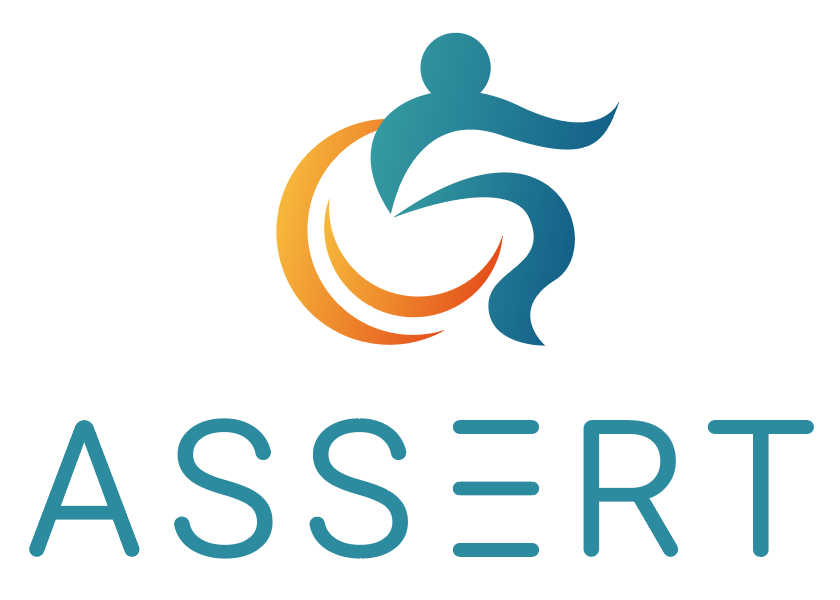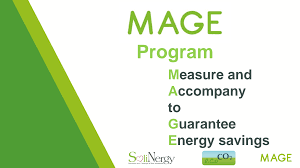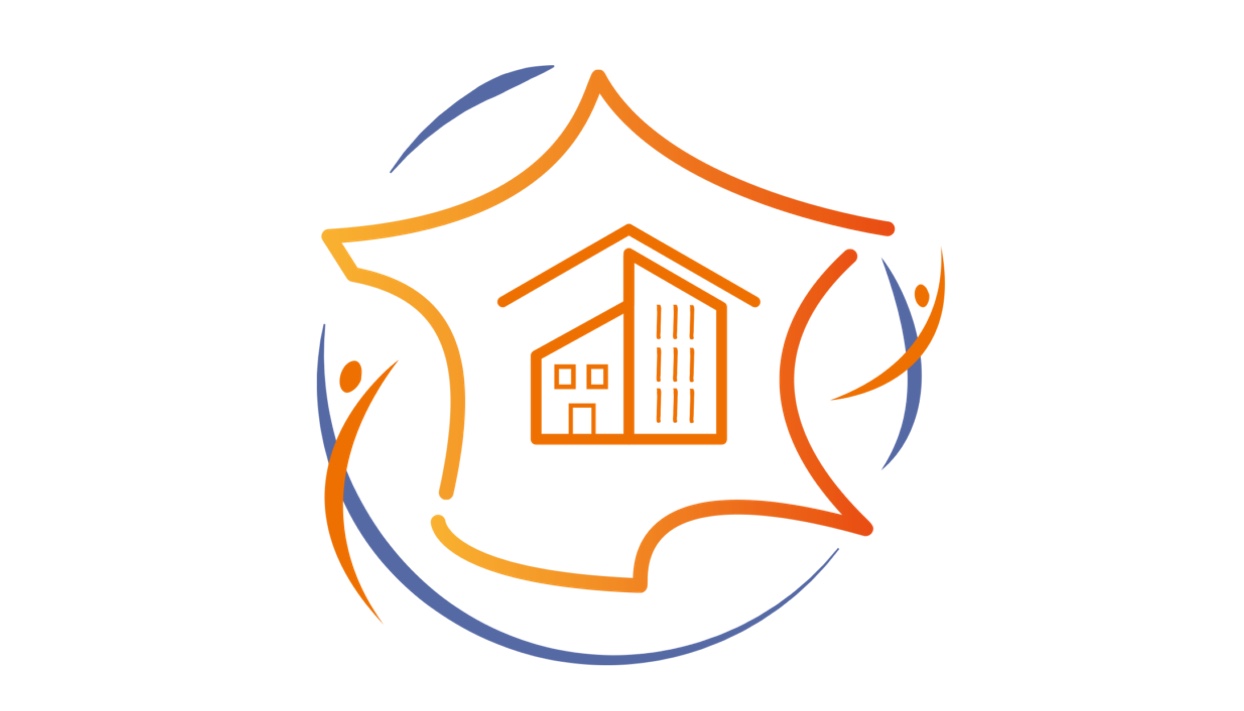The ULISSE corporation felt there was a need for monitoring and supporting households in energy poverty and that it could be done by workers in integration.
SOLENI is directed by ULISSE Energie - a company targeting occupational integration - and works in cooperation with local entities (called "prescribers") like the departmental council, energy suppliers like EDF and social housing providers like SDH. Prescribers identify targeted households (most times energy inefficient houses and/or energy poor) then address them to the SOLENI intervention plan.
SOLENI does a sociotechnical audit focused on well-being and living habits during the first visit. During the second, they install small equipment and can carry out small improvements like window draughtproofing.
If it isn't enough, they guide householders towards other social support or actors. Since 2011 they helped 1100 households for a total 30% of water savings and 15% of electricity savings. There is a good relationship established between the population and the advisors from SOLENI because of their relatable social situation. Service is free for householders. Benefits for prescribers are under the form of money saved on legal conflict with housing providers, health interventions etc.
-

-
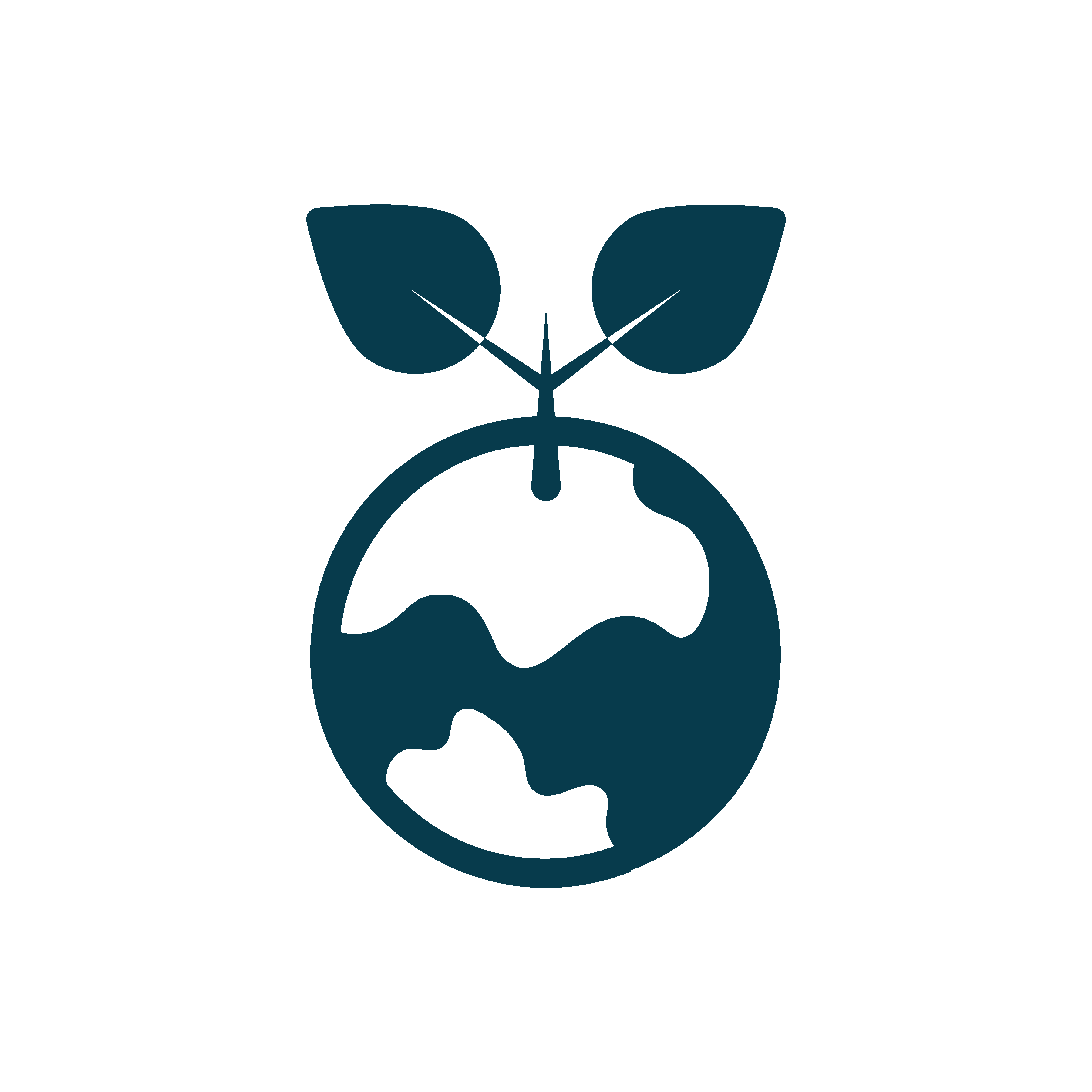 Countries impacted:
Countries impacted:
France -
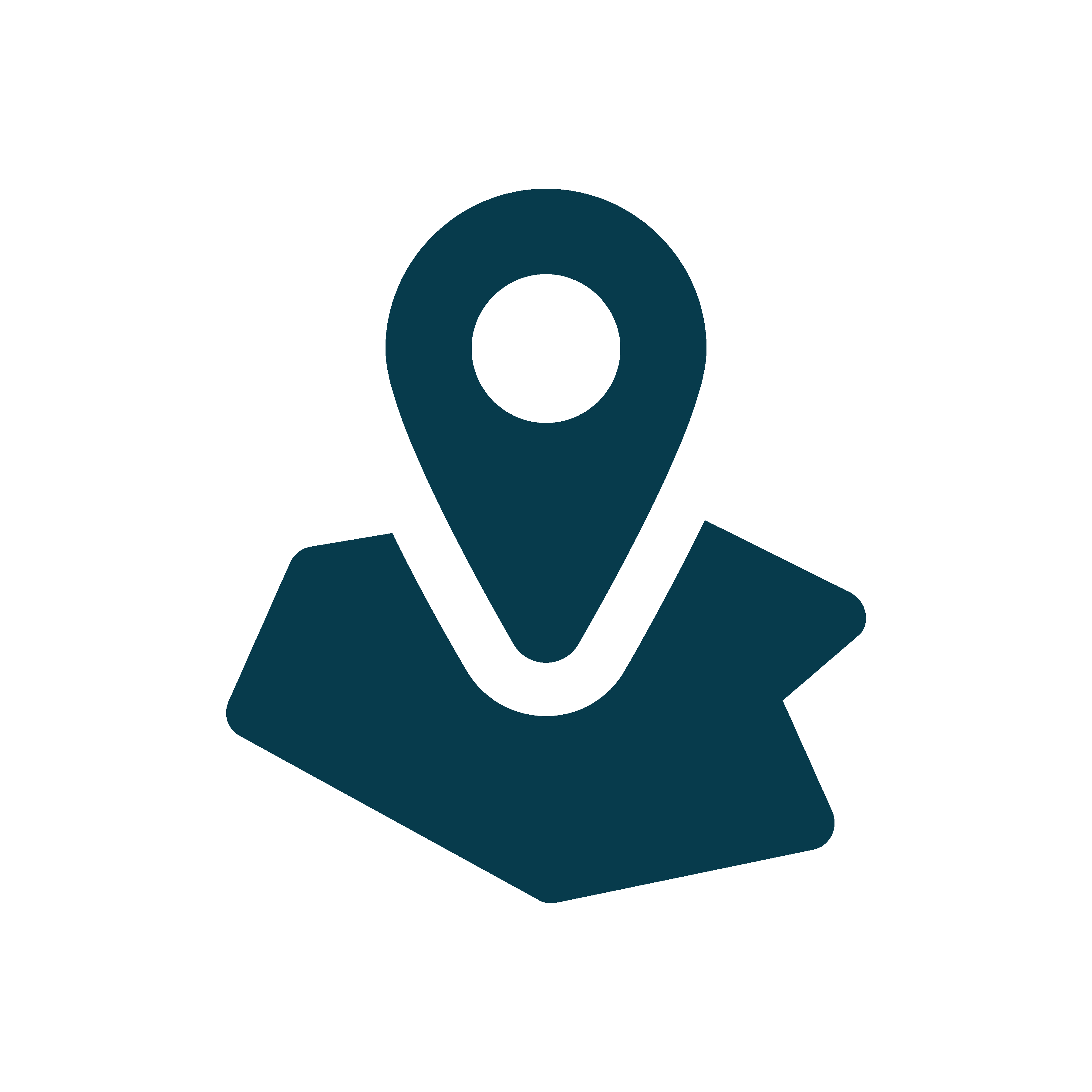 Geographical scale:
Geographical scale:
Regional and Local -
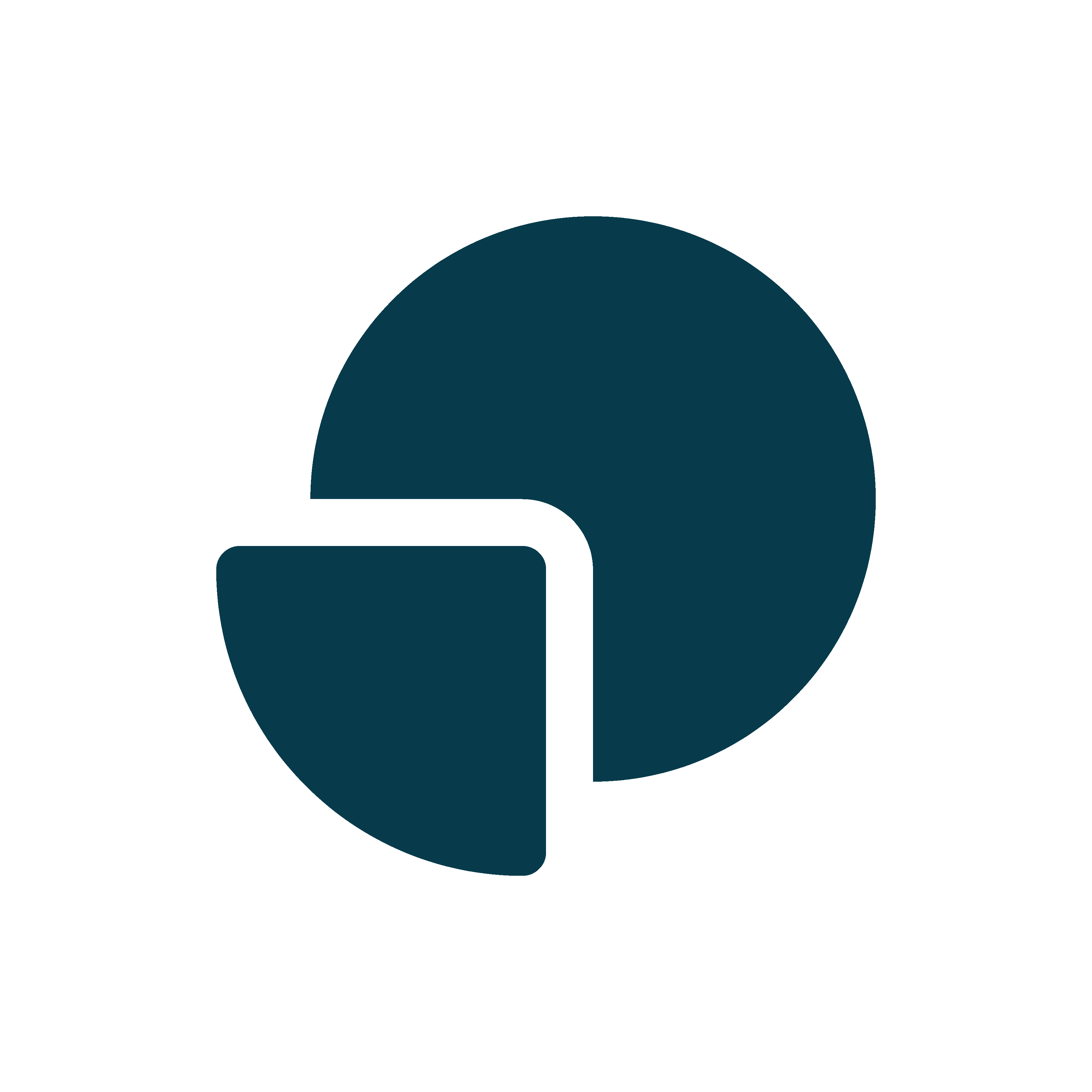 Intervention type:
Intervention type:
Renewable Energy Integration -
 Type of funding:
Type of funding:
Private funds by ACTIS and SDH (social housing providers), local funds by Isère department, Centre communal d'action sociale (CCAS) de Grenoble -
 Website:
Website:
Case website -
SDGs addressed:




